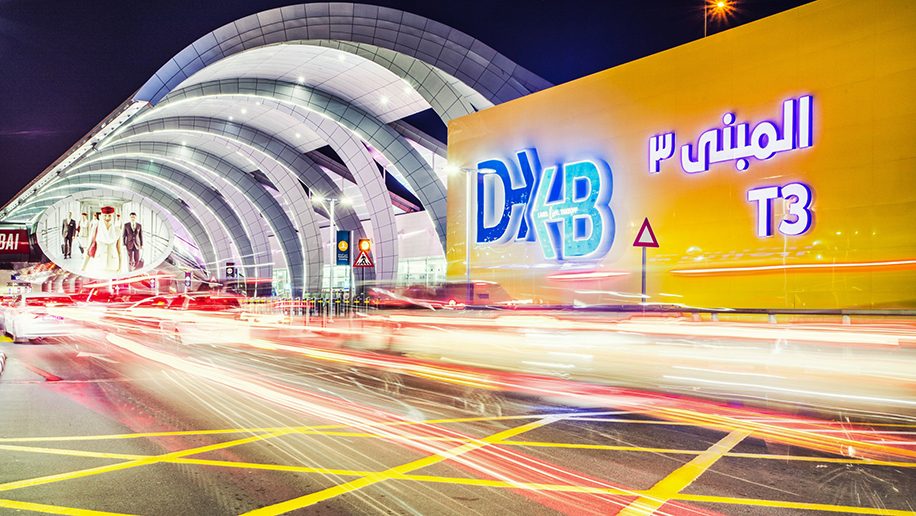
Dubai International (DXB) airport has retained its position as the world’s busiest international airport for the ninth consecutive year, according to the Airports Council International (ACI).
The number of passengers who used the DXB airport in 2022 stood at 66,069,981, representing a 127 per cent year-on-year growth.
Dubai was followed by London’s LHR (58,243,060), Amsterdam’s AMS (52,467,346), Paris’ CDG (51,763,569) and Istanbul’s IST (48,521,725).
Dubai International records 127 per cent growth in passenger numbers for 2022
“We are obviously quite thrilled to top the list of the world’s busiest international airports for the ninth consecutive year, but it comes as no surprise given Dubai International’s (DXB) stellar performance throughout 2022 and the upsurge in traffic in the final quarter,” said Dubai Airports’ CEO Paul Griffiths.
“Our preparedness backed by collaboration enabled us to not just accommodate the rapid increase in demand but also deliver tangible enhancement in service quality and overall airport experience for the 66 million passengers that passed through DXB during the year. As we celebrate this achievement, our focus remains on continuing to work on keeping DXB on top of the list of the busiest hubs but also having it acknowledged by travellers globally as delivering the best airport experience in the world.”
#DXB has been named as the world’s busiest international airport for the ninth year in a row! ✈️
In 2022, we crafted smooth, seamless journeys for over 66 million guests as we connected them to the world. Read more: https://t.co/R0poeFVMdU pic.twitter.com/vb0VCw2z2l
— Dubai Airports (@DubaiAirports) April 5, 2023
India was the the top destination country for DXB by passenger volume last year, with a total traffic of 9.8 million passengers, followed by Saudi Arabia with 4.9 million passengers, and the UK at 4.6 million passengers. DXB’s top destination cities during last year were London with 3 million passengers, Riyadh (2 million), Mumbai (1.9 million), followed by Jeddah and New Delhi which both recorded 1.7 million passengers each.
ACI’s preliminary figures indicate that in 2022, global passenger traffic reached close to 7 billion, an increase of 53.5 per cent over 2021, and a 73.8 per cent recovery from 2019’s numbers.
The Airport Council International recently forecast that close to 19.7 billion passengers will travel to airports around the world by 2040. By that year, the Middle East airports are expected to handle 1.1 billion passengers – more than double the 2019 figure of 405 million passengers. Airports in the Middle East are therefore projected to require to invest around US$151 billion in capacity expansion.












